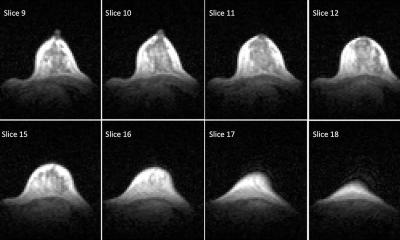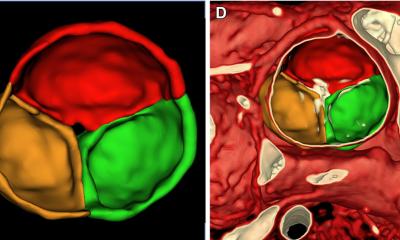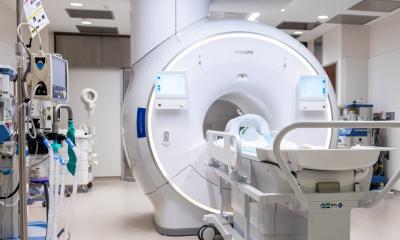Directive 2004/40/EC - the end of MRI in Europe?
The directive 2004/40/EC of the European Parliament sets minimum health and safety requirements regarding the exposure of workers to the risks arising from physical agents (electromagnetic fields). Too strict requirements, as the use of MRI in medical research and clinical practice throughout Europe is threatened. Now, it is expected that the directive is going to be modified and delayed for four years.

The directive intended to protect clinical and research staff carrying out MRI procedures. But MRI workers exceed the recommended exposure-limit values for low-frequency, time-varying magnetic fields too easily, e.g. during interventional MRI, where it is necessary to be positioned within the gradient-coil field to reach the patient. According to a study published by the UK Health and Safety Executive (HSE), anyone standing within a radius of one metre of an operational MRI scanner breaches these exposure limits.
"The Directive sets limits to occupational radiation exposure which will mean that anyone working or moving near MRI equipment will breach them, thus making it possible for them to sue their employers. Even those maintaining or servicing the equipment may be affected," said Dag Rune Olsen, chairman of the physics committee of the European Society for Therapeutic Radiology and Oncology (ESTRO), at the European Cancer Conference in Barcelona, Spain. Each year eight million MRI examinations are carried out on patients and this directive could mean they will have to stop.
Now, the European Commission will decide to modify the Directive or to delay their implementation. "Policy-making should be based on sound science, and to my knowledge there is no scientific evidence of long-term adverse health effects of exposure to static or fluctuating magnetic fields that are commonly found during MR scanning. Hasty decisions without scientific support will in this case have a severe impact on medical diagnostics and must thus be avoided," notes Olsen.
The uncertain future of MRI practice in Europe is a big problem. But clinical communities, research communities, industry and patients groups are sure, that the European Parliament will agree to a four-year delay, soon.
02.10.2007





